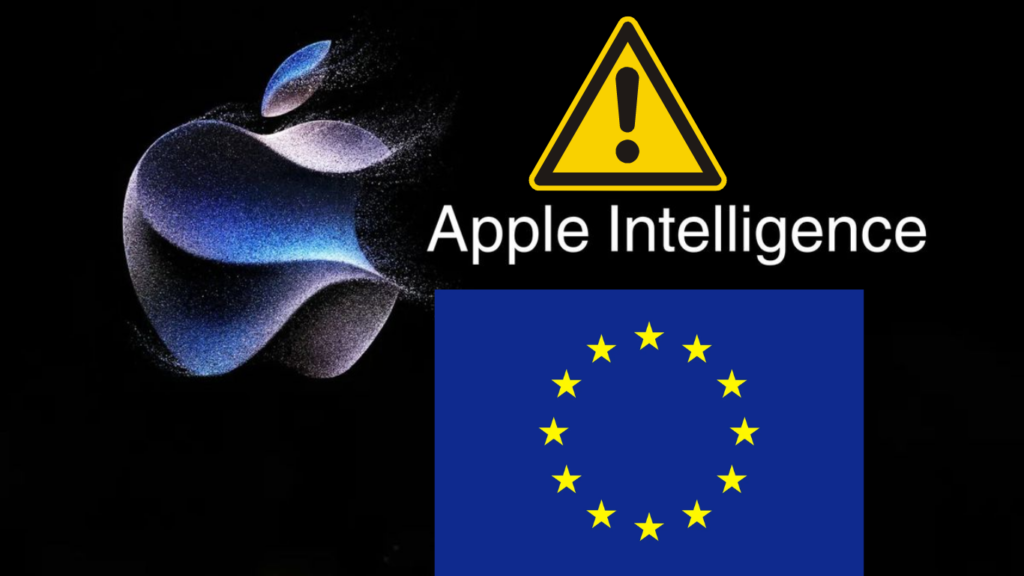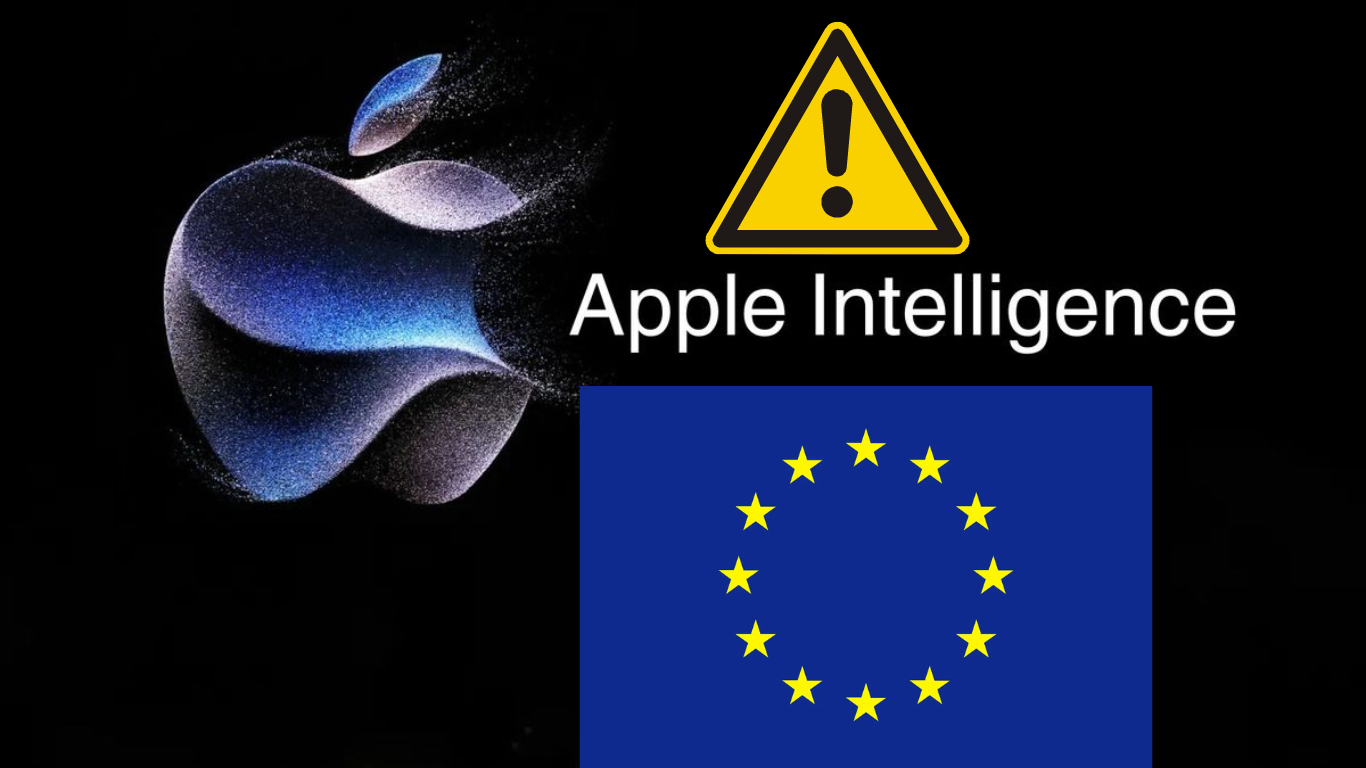Apple’s AI Features Won’t Hit the EU This Year Due to Regulatory Hurdles
Apple has announced that it will not be rolling out some of its latest AI features for consumers in Europe this year, blaming European Union tech regulations for the delay.

The tech giant revealed on Friday that it will postpone the release of Apple Intelligence, iPhone Mirroring, and SharePlay Screen Sharing for EU users. According to a Bloomberg report, Apple claims that the Digital Markets Act (DMA) forces it to downgrade the security of its products and services.
“We are concerned that the interoperability requirements of the DMA could force us to compromise the integrity of our products in ways that risk user privacy and data security,” Apple said in a statement.
The European Commission quickly responded, saying, “Gatekeepers are welcome to offer their services in Europe, provided that they comply with our rules aimed at ensuring fair competition.”
The EU has identified six of the biggest tech platforms operating within its borders as “gatekeepers.” These include Amazon, Apple, Microsoft, Alphabet, ByteDance, and Meta.
Apple Intelligence, the company’s suite of AI services, was introduced at the Worldwide Developers Conference. The new technology is designed to summarize text, create original images, and fetch relevant data for users. It also includes a revamped version of Siri.
Due to Apple’s decision, consumers in all 27 EU member countries, including key markets like France, Germany, Spain, and Italy, will miss out on these new AI technologies this year.

Apple is not alone in facing regulatory challenges in the EU. Meta has also encountered obstacles. After announcing the rollout of its Meta AI chatbot in countries like Australia, the US, and Canada, EU regulators took a tougher stance. Following Meta’s announcement that it would start training its Large Language Model (LLM), known as Llama, using public posts from European users, the Irish Data Protection Commission requested a delay. Consequently, Meta has indefinitely postponed its plans in the EU.
These regulatory challenges underscore the ongoing tension between tech companies and European regulators as they navigate the complex landscape of digital innovation and consumer protection. As the EU continues to enforce its tech regulations, companies like Apple and Meta must adapt to meet these stringent requirements while maintaining their competitive edge.

Subtly charming pop culture geek. Amateur analyst. Freelance tv buff. Coffee lover
